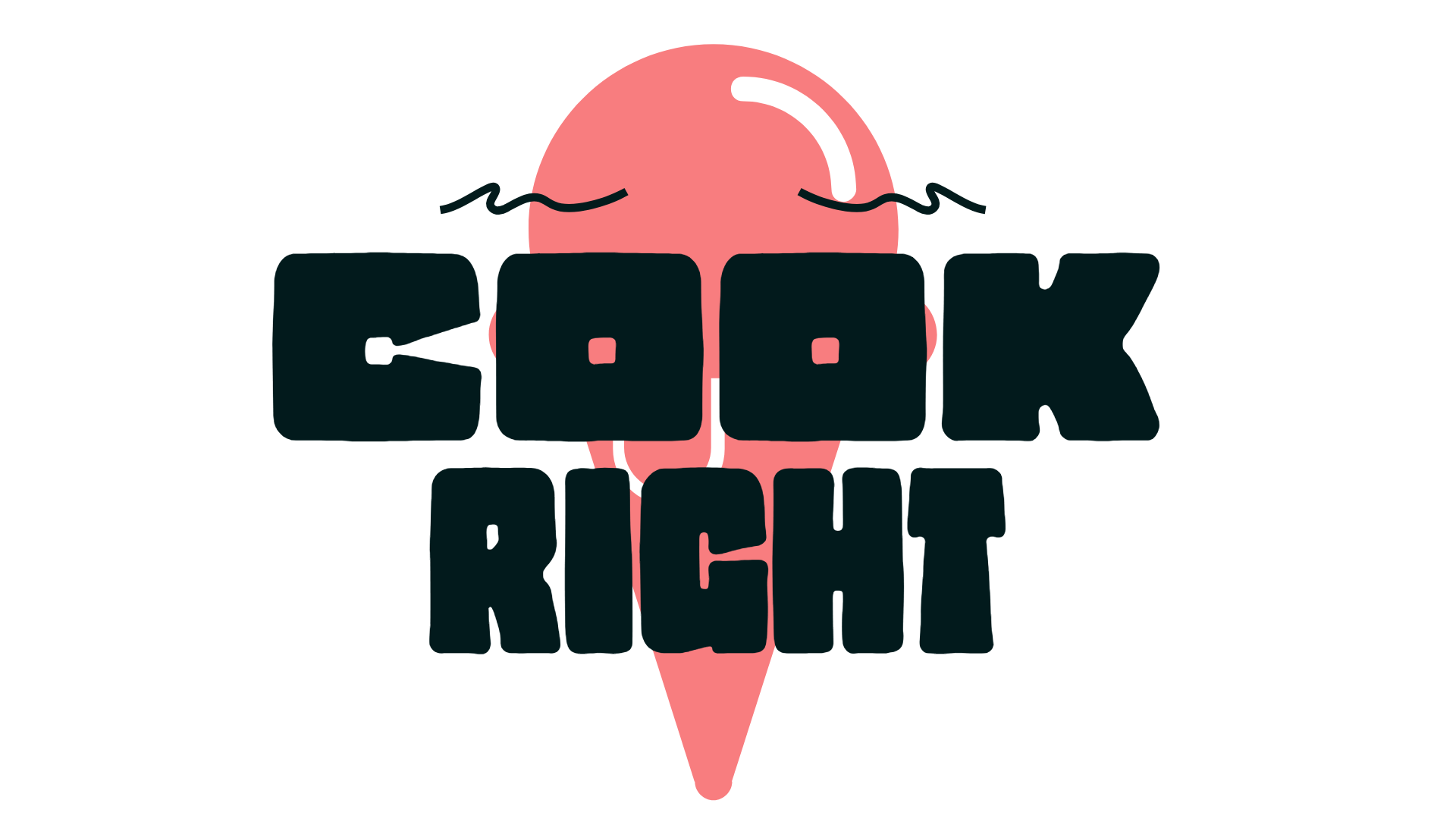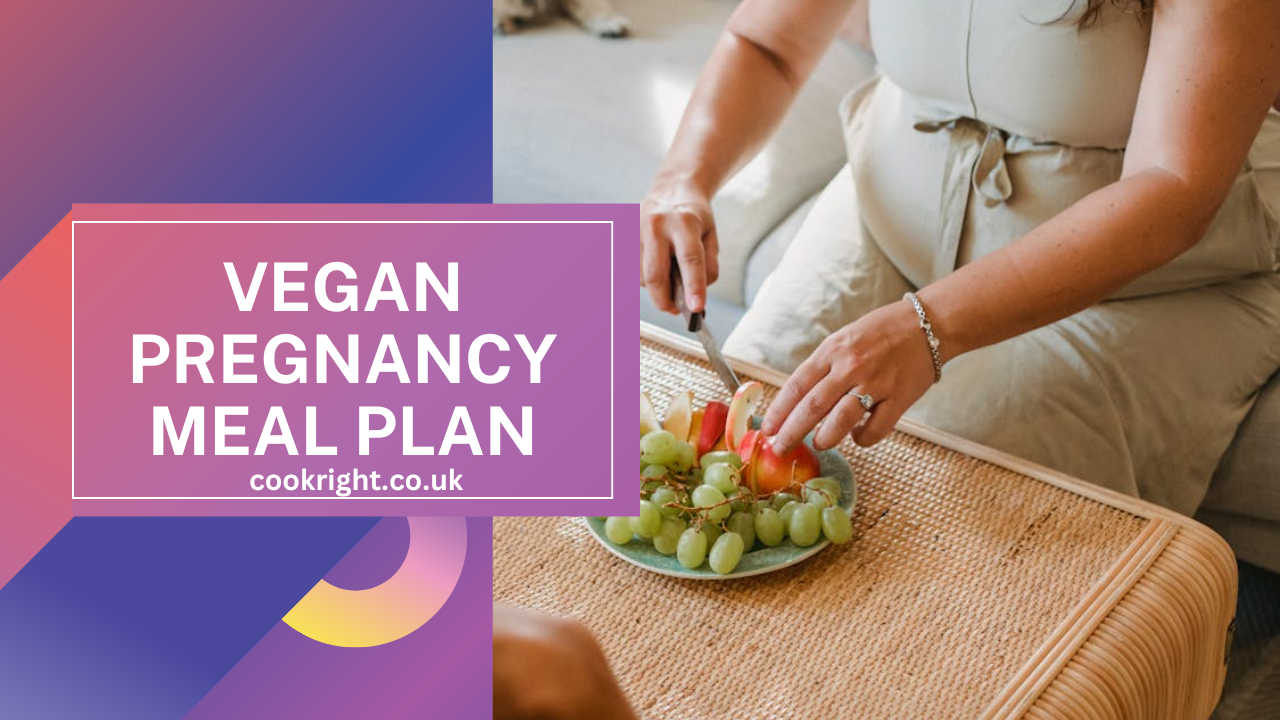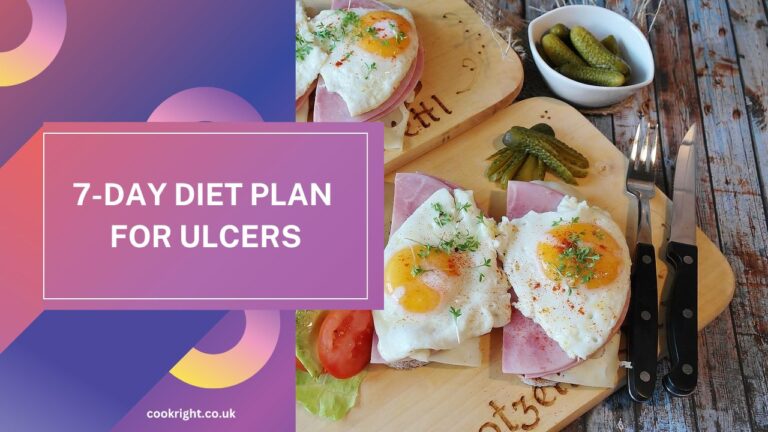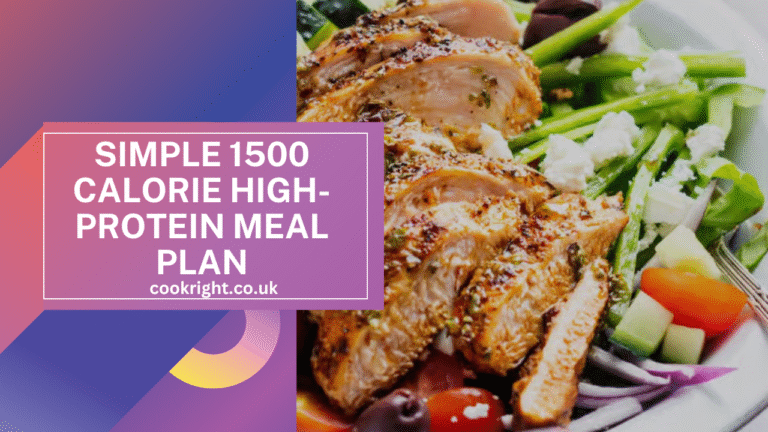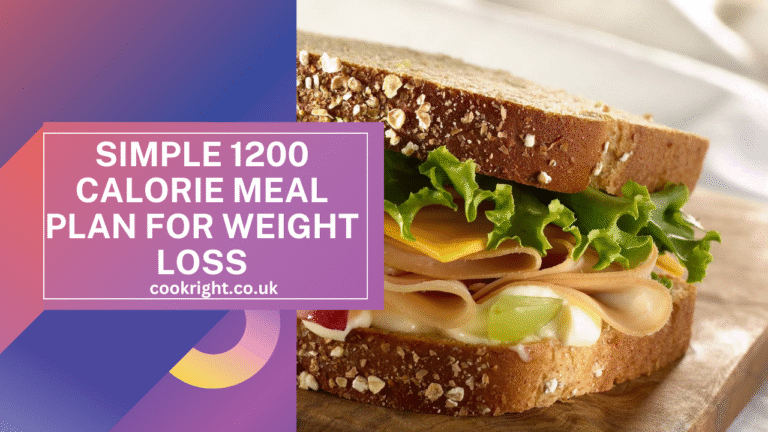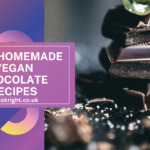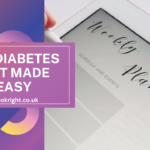Pregnancy is a time when nutrition becomes even more important, as your body is not only supporting your own health but also nurturing the growth and development of your baby. A vegan diet, which focuses on plant-based foods, can provide all the necessary nutrients for a healthy pregnancy when planned thoughtfully. Here’s a guide to creating a balanced and nutritious vegan meal plan during pregnancy.
Key Nutrients to Focus On
When planning your vegan pregnancy diet, it’s important to pay special attention to certain nutrients that are crucial for both your health and the baby’s development:
- Protein: Essential for growth and repair, aim for 70-100 grams per day. Good sources include beans, lentils, tofu, tempeh, quinoa, and nuts.
- Iron: Important for making extra blood for you and your baby. Incorporate lentils, chickpeas, spinach, pumpkin seeds, and fortified cereals.
- Calcium: Vital for your baby’s developing bones and teeth. Opt for fortified plant milks, leafy greens, tahini, almonds, and tofu.
- Omega-3 Fatty Acids: Important for the baby’s brain and eye development. Include flaxseeds, chia seeds, hemp seeds, and walnuts.
- Vitamin B12: Crucial for nerve and blood cell health. Since B12 is not naturally found in plant foods, consider fortified foods or a supplement.
- Folate: Essential for preventing neural tube defects. Include leafy greens, beans, lentils, and fortified foods.
- Vitamin D: Important for bone health. Get it from fortified foods, sunlight, or a supplement.
- Iodine: Necessary for thyroid function and brain development. Use iodized salt or take a supplement.
Sample Vegan Pregnancy Meal Plan
Here’s a sample meal plan to ensure you’re meeting your nutritional needs during pregnancy.
Breakfast
Option 1: Smoothie Bowl
- Blend together a banana, a handful of spinach, 1 tablespoon of flaxseeds, and fortified almond milk.
- Top with fresh berries, chia seeds, and granola.
Option 2: Oatmeal with Berries and Nuts
- Cook oats with fortified plant milk.
- Add a handful of mixed berries, a spoonful of almond butter, and a sprinkle of pumpkin seeds.
Mid-Morning Snack
Option 1: Fresh Fruit with Nut Butter
- Slice an apple or pear and serve with almond or peanut butter.
Option 2: Energy Balls
- Make energy balls with dates, oats, nuts, and a touch of cocoa powder.
Lunch
Option 1: Quinoa and Chickpea Salad
- Mix cooked quinoa, chickpeas, chopped cucumbers, tomatoes, and greens.
- Dress with olive oil, lemon juice, and a sprinkle of sesame seeds.
Option 2: Lentil Soup with Whole Grain Bread
- A hearty soup made with lentils, carrots, celery, and spices.
- Serve with a slice of whole grain bread.
Afternoon Snack
Option 1: Hummus and Veggies
- Enjoy hummus with carrot sticks, cucumber slices, and bell pepper strips.
Option 2: Fortified Plant Yogurt with Granola
- Choose a yogurt fortified with calcium and vitamin B12.
- Top with granola and sliced banana.
Dinner
Option 1: Stir-Fried Tofu and Vegetables with Brown Rice
- Stir-fry tofu with broccoli, bell peppers, snap peas, and carrots.
- Season with soy sauce and serve over brown rice.
Option 2: Stuffed Sweet Potatoes
- Bake sweet potatoes and stuff them with black beans, corn, avocado, and a sprinkle of cilantro.
Evening Snack
Option 1: Mixed Nuts and Seeds
- A small handful of almonds, walnuts, and pumpkin seeds.
Option 2: Dark Chocolate and Fresh Berries
- Enjoy a couple of squares of dark chocolate with a side of fresh strawberries or blueberries.
Tips for Success
- Meal Prep: Prepare meals and snacks in advance to ensure you always have healthy options on hand.
- Stay Hydrated: Drink plenty of water throughout the day. Herbal teas and infused water can add variety.
- Supplements: Consider taking prenatal vitamins that include B12, iron, calcium, vitamin D, and DHA (algae-based).
- Listen to Your Body: Your appetite may vary; adjust portions and frequency of meals as needed.
- Consult a Healthcare Provider: Always discuss your diet and supplement needs with a healthcare professional to ensure you’re meeting all your nutritional requirements.
Conclusion
A vegan diet during pregnancy can be both nutritious and delicious, supporting the health of both you and your baby.
By focusing on a variety of whole foods, paying attention to key nutrients, and planning your meals thoughtfully, you can enjoy a healthy vegan pregnancy. Remember to consult with your healthcare provider to tailor your meal plan to your individual needs. Happy eating and best wishes on your pregnancy journey!
